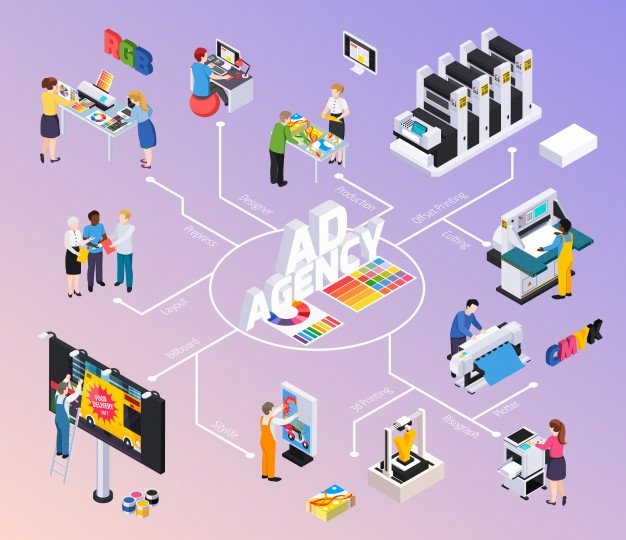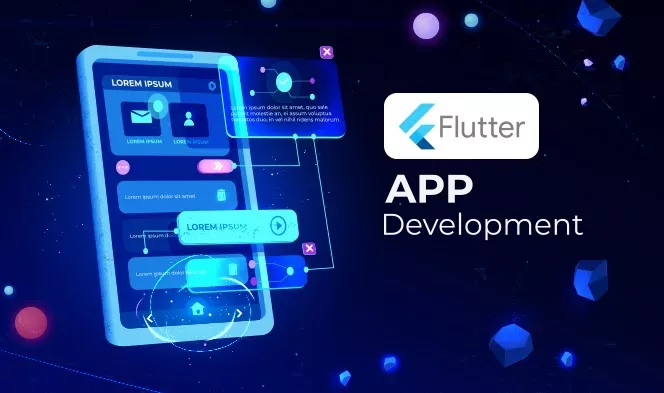In the fast-paced world of advertising, technology plays a pivotal role in how ad agencies generate revenue and drive growth. From sophisticated data analytics to innovative digital platforms, technology has transformed the advertising landscape, enabling agencies to deliver more targeted, efficient, and measurable campaigns. In this blog post, we’ll explore the various ways ad agencies leverage technology to make money, offering insights into key strategies, tools, and trends that shape the industry.

1. Programmatic Advertising
What It Is
Programmatic advertising refers to the use of automated systems and algorithms to buy and sell ad space in real-time. Instead of negotiating and purchasing ad space manually, programmatic platforms use data and technology to optimize ad placements and bidding processes.
How It Generates Revenue
- Efficiency: Programmatic advertising streamlines the buying process, allowing agencies to purchase ad space more efficiently. This reduces overhead costs and increases profit margins.
- Targeting: With advanced targeting capabilities, agencies can deliver ads to highly specific audience segments, improving ad performance and increasing client satisfaction.
- Real-Time Bidding (RTB): Agencies can participate in auctions for ad space, bidding in real-time to secure the best placements at the most competitive prices.
Example: The Trade Desk is a leading platform that offers programmatic advertising solutions, enabling agencies to optimize their ad spend and achieve better results for clients.
2. Data Analytics and Insights
What It Is
Data analytics involves the collection, analysis, and interpretation of data to inform advertising strategies and decision-making. Advanced analytics tools help agencies understand consumer behavior, track campaign performance, and measure ROI.
How It Generates Revenue
- Optimized Campaigns: By leveraging data insights, agencies can refine and optimize ad campaigns in real-time, leading to better performance and higher client satisfaction.
- Predictive Analytics: Agencies use predictive models to forecast future trends and behaviors, enabling them to create more effective and forward-thinking strategies.
- Attribution Modeling: Data analytics helps agencies understand which channels and touchpoints contribute most to conversions, allowing them to allocate budgets more effectively.
Example: Google Analytics and HubSpot are powerful tools that provide agencies with deep insights into user behavior and campaign performance.
3. Customer Relationship Management (CRM) Systems
What It Is
CRM systems are software solutions that manage interactions with clients, track sales, and streamline communication. These systems help agencies maintain client relationships and manage project workflows.
How It Generates Revenue
- Improved Client Management: CRMs help agencies keep track of client interactions, preferences, and feedback, leading to better client service and retention.
- Sales Automation: Agencies can automate sales processes, such as lead generation and follow-ups, increasing efficiency and conversion rates.
- Data Integration: CRMs integrate with other tools and platforms, providing a unified view of client data and enabling more personalized and targeted marketing efforts.
Example: Salesforce and Zoho CRM are popular CRM platforms that help ad agencies manage client relationships and streamline operations.
4. Social Media Advertising
What It Is
Social media advertising involves promoting products or services on social media platforms like Facebook, Instagram, Twitter, and LinkedIn. These platforms offer advanced targeting options and performance tracking.
How It Generates Revenue
- Targeted Ads: Social media platforms provide detailed targeting options based on demographics, interests, and behaviors. This allows agencies to create highly relevant ads that resonate with specific audiences.
- Sponsored Content: Agencies can create and manage sponsored content or influencer partnerships, driving engagement and expanding brand reach.
- Analytics and Reporting: Social media platforms offer robust analytics tools that help agencies measure the effectiveness of their campaigns and optimize performance.
Example: Facebook Ads Manager and LinkedIn Campaign Manager are essential tools for managing and optimizing social media advertising campaigns.
5. Content Management Systems (CMS)
What It Is
A CMS is a software platform that allows agencies to create, manage, and publish digital content. It provides tools for designing and updating websites, blogs, and other content types.
How It Generates Revenue
- Website Design and Development: Agencies use CMS platforms to build and manage client websites, creating new revenue streams through web design and development services.
- Content Creation: Agencies can offer content creation and management services, including blog posts, articles, and multimedia content.
- SEO Optimization: CMS platforms often include SEO tools and plugins, allowing agencies to optimize content for search engines and drive organic traffic.
Example: WordPress and Drupal are widely used CMS platforms that enable agencies to create and manage content-rich websites.
6. Email Marketing Automation
What It Is
Email marketing automation involves using software to create, send, and manage email campaigns automatically. It allows agencies to segment audiences, personalize messages, and track campaign performance.
How It Generates Revenue
- Campaign Efficiency: Automation reduces the time and effort required to manage email campaigns, allowing agencies to handle more clients and campaigns simultaneously.
- Personalization: Agencies can create personalized email content based on user behavior and preferences, leading to higher engagement and conversion rates.
- Performance Tracking: Automation tools provide detailed reports and analytics, helping agencies measure the success of their campaigns and make data-driven decisions.
Example: Mailchimp and ActiveCampaign are popular email marketing platforms that offer automation features for managing and optimizing email campaigns.
7. Artificial Intelligence (AI) and Machine Learning
What It Is
AI and machine learning involve using algorithms and data to mimic human intelligence and improve decision-making processes. In advertising, these technologies are used for tasks like predictive analytics, automated content generation, and personalized recommendations.
How It Generates Revenue
- Enhanced Targeting: AI algorithms analyze large datasets to identify patterns and optimize ad targeting, improving campaign effectiveness.
- Content Generation: AI tools can generate ad copy, design assets, and other content, reducing the time and cost associated with content creation.
- Predictive Insights: Machine learning models predict customer behavior and trends, allowing agencies to create more effective strategies and campaigns.
Example: Google AI and IBM Watson are leaders in AI and machine learning, offering tools that help agencies leverage these technologies for improved ad performance.
Conclusion
Technology is a driving force behind the success of modern ad agencies, enabling them to deliver more effective, efficient, and data-driven campaigns. From programmatic advertising and data analytics to CRM systems and AI, these technological advancements provide agencies with the tools they need to optimize their operations and maximize their revenue.
By understanding and leveraging these technologies, ad agencies can enhance their services, attract new clients, and stay ahead in the competitive advertising landscape. Whether you’re an agency looking to innovate or a client seeking advanced advertising solutions, embracing technology is key to achieving success in today’s digital world.


Leave a Reply